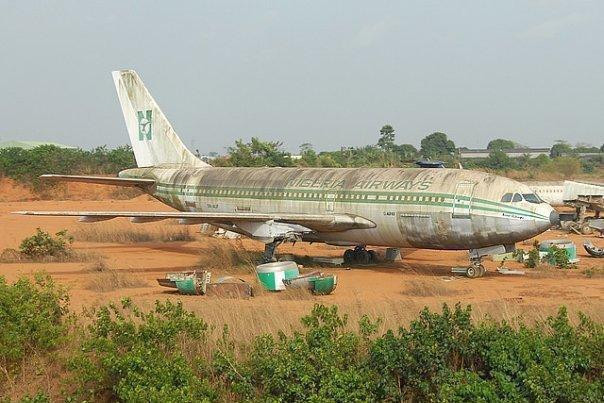Nigeria’s new policy makers see the country having a National Carrier as a way of restoring its past glories given the death of the defunct Nigeria Airways that used to be the pride of Africa’s largest economy.
However, these policy makers are seemingly oblivious of the fact that the Airline business is capital-intensive which leaves most global airline companies with huge operating costs and low profit margins.
Richard Branson, the founder of Virgin Group with 400 companies under its control said he was richer before going into the airline business.
Kenya Airline (one of the better managed airline in Africa) is facing a turbulent time as the airline is bankrupt after recurring losses stoked by spiraling operating costs. This leaves the management of the airline begging its government for fresh injection of capital.
WHAT NIGERIA NEEDS
Rather than the Buhari administration use scarce funds that should be invested in healthcare, education and infrastructure to build a national airline, such monies should be invested in upgrading facilities at our Airports to international standard as the country’s geographical location makes it a potential hub for travelers.
The deplorable state of our airports isn’t strange to travelers. The Murtala International Airport is no where comparable with the state of the air facilities at Airports in some sub Sahara Africa countries.
The Government can also concession the airports in Abuja and Lagos for better management.
If the government of the day is foolhardy enough to set up a national carrier despite all pitfalls involved, it should partner with the likes of ETIHAD Airline and government must have no more than 20 percent equity stake given Nigeria’s notorious reputation for precipitous ineptitude, corrupt and lackluster management skills.
Former President of Nigeria, Chief Olusegun Obasanjo said there were 32 aircraft in Nigeria Airways fleet when he left office in 1979 but met only one when he came back in 1999.








